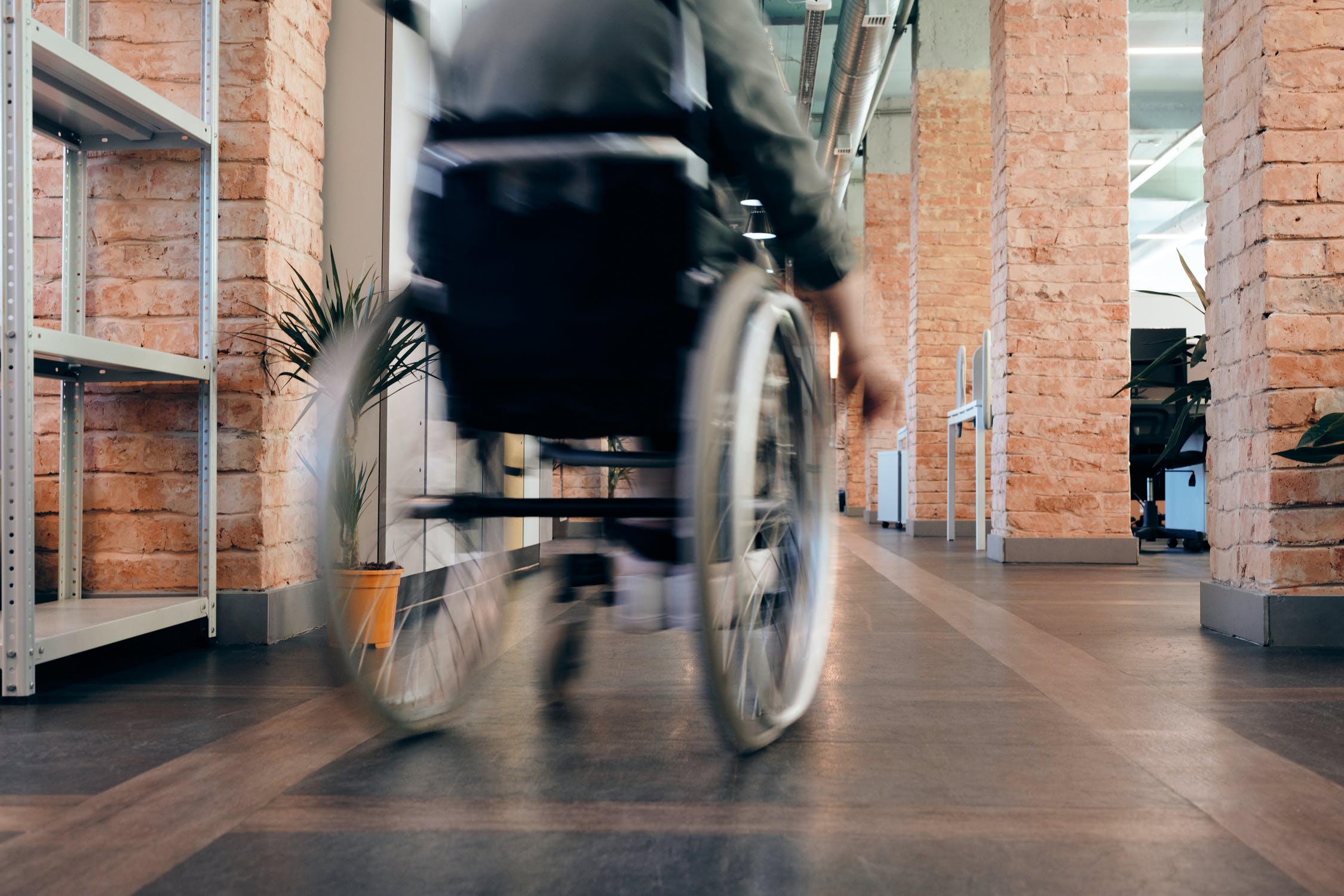Differently Abled? Persons with Disabilities? Disabled?

Differently Abled? Persons with Disabilities? Disabled?
By Susanne Leary Shoemaker
The language we use to refer to persons with disabilities has impact. Words matter. Inappropriate language has the power to exclude and offend whereas appropriate language is positive and empowering. It is important to raise awareness about appropriate language to use when talking to or about persons with disabilities. Language shapes the perception of disability.
The language of disability has evolved over time and terms that were once commonly used are no longer acceptable. In the late 80s, the US Democratic National Committee created the term “differently abled” as an alternative to “handicapped.” This term was thought to be less offensive than handicapped. Additional cringe-worthy words such as “crippled,” “handicapable,” “accessAble,” “normal,” “retarded,” “insane,” “deformed,” “lame,” “challenged,” “special needs” and so on (too many to list!) were replaced with differently abled. By using the term differently abled, people were trying to eliminate potentially offensive terms.
However, disability inclusion and the appropriate language to use when we talk about disability is an on-going discussion that continues to evolve. Current research and discussion find that despite good intentions, using the term “differently abled” does more harm than good. This euphemistic term promotes the misconceived idea that disability needs to be softened. It is a term that fails to recognize people with disabilities as a valued aspect of diversity and identity. it is a way to avoid talking about disabilities and suggests that using the word disabled is undesirable. The term “differently abled” doesn’t describe what it is meant to describe. We are all differently abled. I might be a good artist, another might be a good athlete, singer, or mathematician. Use of the term is in fact a way to eliminate the discomfort of the person using it. People think that saying differently abled means “different” in a positive way but it actually reinforces the stigma that the worth of persons with disability is related to an ability to compensate for it.
Currently, “people first” language is the most widely accepted language for referring to persons with disabilities. Examples are “people with disabilities” or “person with dyslexia,” “individual with a physical disability,” or “person who uses an alternative method of communication.” Person-first language emphasizes the person, not the disability. It makes a reference to the person or group before the disability. Some people however choose not to adopt person first language. They see and refer to themselves as “Disabled.”
Disabled is defined as having a physical or mental impairment that limits movements, senses, or activities. The term is straightforward and descriptive and does not have connotations of being “lesser” or of condescension. Disability is not an illness or a problem that needs to be fixed or cured.
Replacing the term “differently abled” with “persons with disabilities” or simply “disabled” is more accurate, neutral, and therefore appropriate. Lawrence Carter-Long, Director of Communications, Disability Rights Education and Defense fund (DREDF), and creator of the hashtag #saytheword, promotes use of the term “Disabled.”
If not sure, you should ask the person or the group how they choose to identify. Persons with disabilities are not a homogenous group; they may self-identify in different ways. There are exceptions for example when referring to persons who are blind, as “blind persons” or “persons who are blind.” These terms are generally accepted as the appropriate terminology. While this approach creates difficulty in establishing a unified terminology, all identities should be respected and recognized. To an extent, there is not right or wrong answer to the question because it is a matter of personal choice.
The term “politically correct” is defined as the “belief that language and actions that could be offensive to others, especially those relating to sex and race, should be avoided.” We find nothing wrong with trying to avoid offending others.
The problem however is that the individuals who determine what is offensive should be the individuals with disability themselves.
Ultimately, it is most important to change attitudes toward disability rather than simply the wording. Insisting on the use of a specific expression can be problematic. It should not come from someone who does not have personal experience with disability or who hasn’t worked in the disability rights movement. We must be careful not to let non-disabled persons tell disabled persons what to think. As Nicholas Steenhout, disability consultant and media expert says, “You cannot do it without us. Don’t insist on language that makes you feel better without talking to us about it first. Otherwise, you have excluded us. Nothing about us without us.”
The goal is to achieve sustainable and transformative progress in disability inclusion by removing barriers that prevent persons with disabilities from fully engaging and participating in all aspects of life and work. It is essential to make disability inclusion a priority. For too long, persons with disabilities have lacked representation and participation, and have been neglected, ignored, or left behind.
